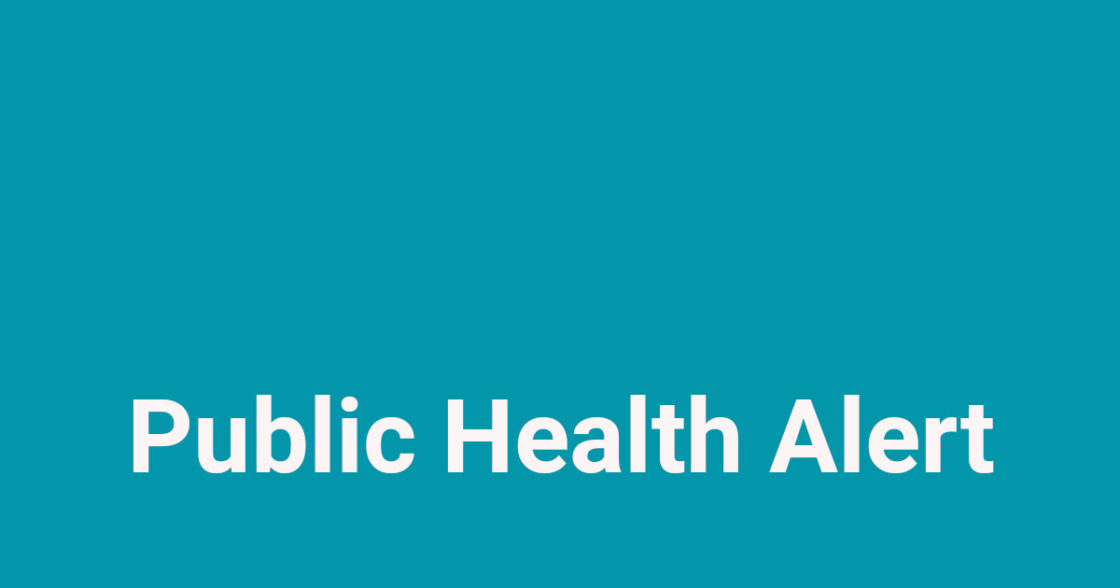Thursday 20 March 2025Media release3 minutes to read

Health Warning – Algal Bloom in Lake Hood
Health New Zealand | Te Whatu Ora has issued a health warning after potentially toxic algae (planktonic cyanobacteria) was found in Lake Hood
People should avoid the lake and animals, particularly dogs, should not be allowed near the water until the health warning has been lifted.
The type of cyanobacteria that is currently present in high concentrations is:
Dolichospermum (formerly called Anabaena) which can be present as green globules floating in the water column or form surface scums or sheens.
Dr Annabel Begg, Public Health Medicine Specialist for the National Public Health Service, says the algal bloom can produce toxins harmful to humans and animals.
“People should avoid contact with the water until further notice.”
“Exposure may cause skin rashes, nausea, stomach cramps, tingling and numbness around the mouth and fingertips. If you experience any of these symptoms visit your doctor immediately and please let your doctor know if you have had contact with the lake water”, Dr Begg says.
No one should drink the water from the lake at any time. Boiling the water does not remove the toxin.
Animals that show signs of illness after coming into contact with algal mats or scum should be taken to a vet immediately.
Fish and shellfish can concentrate toxins, and their consumption should be avoided. If fish are eaten, remove the gut and liver and wash in clean water.
Further information on gathering Mahinga Kai can be obtained below.
“When a bloom of potentially toxic cyanobacteria is present in a lake, there is a possibility of cyanobacteria and toxins being transported downstream.
“People are advised to avoid contact with the downstream water bodies,” says Dr Begg.
Environment Canterbury monitors the lake weekly during summer and the public will be advised of any changes in water quality that are of public health significance.
Facts about cyanobacteria
- Cyanobacteria occur naturally but can increase rapidly during warmer months.
- Algal blooms are caused by a combination of nutrients in the water (such as nitrogen and phosphorus), and favourable weather conditions (e.g., increased temperature, calm days).
- If the water is cloudy, discoloured, or has small globules suspended in it, avoid all contact.
- Not all cyanobacterial blooms are visible to the naked eye and toxins can persist after the blooms disappear.
- Cyanobacterial concentrations can change quickly with changing environmental conditions (e.g., wind). If a health warning is in place avoid contact with the water.
For further details visit: https://www.lawa.org.nz/explore-data/canterbury-region/
Or contact the National Public Health Service on (03) 364 1777:
https://www.cph.co.nz/your-health/recreational-water/
For more information about Mahinga Kai:
https://www.cph.co.nz/wp-content/uploads/saf0112.pdf
ENDS
For further information, contact:
Karen Berry
Public Health Communications Lead, Te Waipounamu
National Public Health Service
Health New Zealand – Te Whatu Ora
021 139 7442
kberry@scdhb.health.nz
Tags Health warningPublic healthWater quality
Related topics
Public Health
Back to Health News

